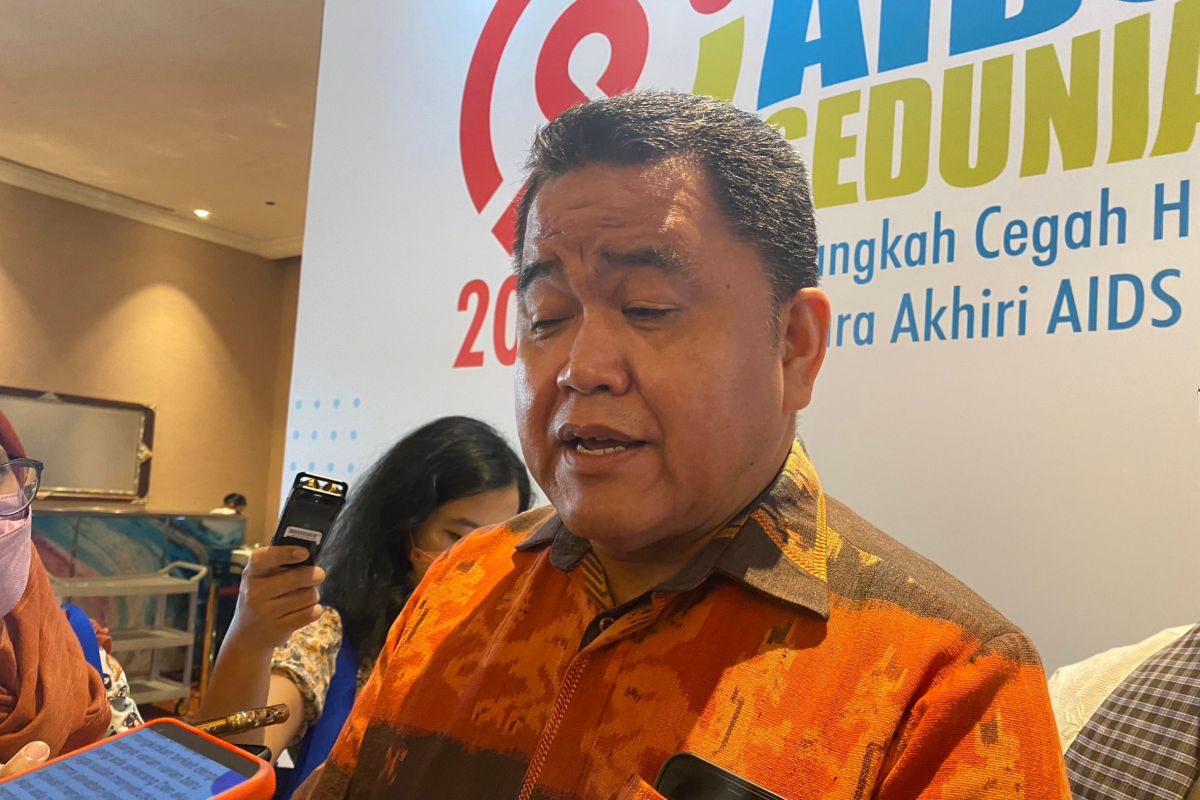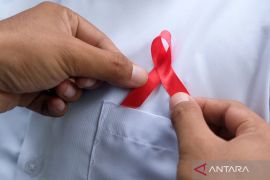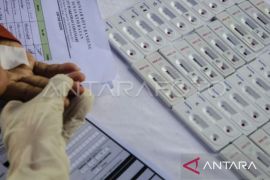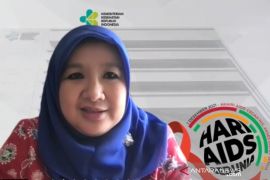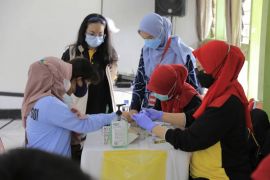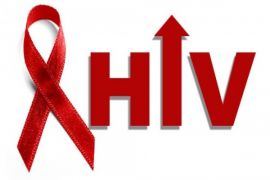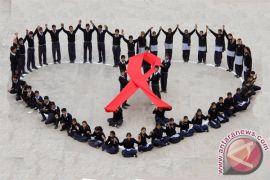Religious figures can disseminate information on reproductive health during religious activities, Disease Prevention and Handling Director General at the Ministry Maxi Rein Rondonuwu stated at the commemoration of 2022 World AIDS Day here Thursday.
Meanwhile, when it comes to the public community network, Indonesia can take a cue from Thailand. The country has been able to control HIV/AIDS since the community is directly involved by emphasizing the importance of using condoms.
"This is especially the case in Pattaya, Thailand, where prevention is a regular activity," he pointed out.
"While it is still considered a taboo for us to prepare condom or other reproduction tools, condoms can be obtained everywhere there," he stated.
In addition to urging religious figures and public community network to cooperate, he also called on students at universities to become the agents of change to prevent a rise in the number of HIV/AIDS cases and related deaths.
University students can implore the public to reject the intake of drugs and free sex.
"Let us move together. If we are united in preventing HIV/AIDS, we can end HIV. With cooperation, we can certainly save our children, and we can avoid HIV/AIDS," he remarked.
Rondonuwu also highlighted the need for a new movement or strategy to prevent HIV/AIDS cases.
Related news: Pregnant women must undergo HIV-AIDS screening: Jakarta Health Office
This is because while the number of HIV/AIDS program participants had increased, there had not been any signs of success, he explained.
Moreover, HIV/AIDS mitigation among Indonesians currently still encountered several complex challenges, such as the presence of vertical virus transmission from mothers to children.
In addition, several participants of the police or military entrance examination were proven to be HIV/AIDS positive during health test. This most frequently occurs in the Eastern Indonesia region, he added.
Moreover, several HIV/AIDS patients also suffered from Tuberculosis (TB). Hence, screening for the two diseases still had to be further enhanced and integrated.
Related news: Govt highlights improved HIV screening, less patient treatment numbers
Translator: Hreeloita D S, Fadhli Ruhman
Editor: Rahmad Nasution
Copyright © ANTARA 2022
